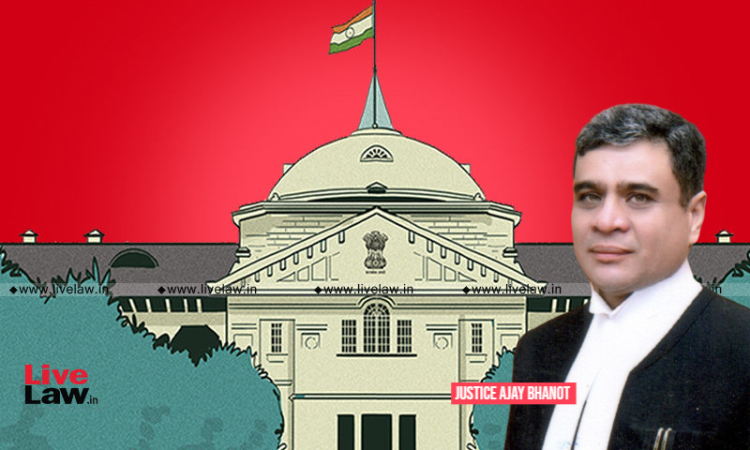Fundamental Right To Keep Or Change A Name Vested In Every Citizen By Virtue Of Article 19(1)(a) & Article 21: Allahabad High Court
Sparsh Upadhyay
31 May 2023 10:38 AM IST

Next Story
31 May 2023 10:38 AM IST
Stressing that the intimacy of human life and a person’s name is undeniable, the Allahabad High Court last week said that the fundamental right to keep or change a name is vested in every citizen by virtue of Article 19(1)(a) and Article 21 of the Constitution of India.The bench of Justice Ajay Bhanot observed thus while allowing a writ petition filed by one Sameer Rao challenging the action...
